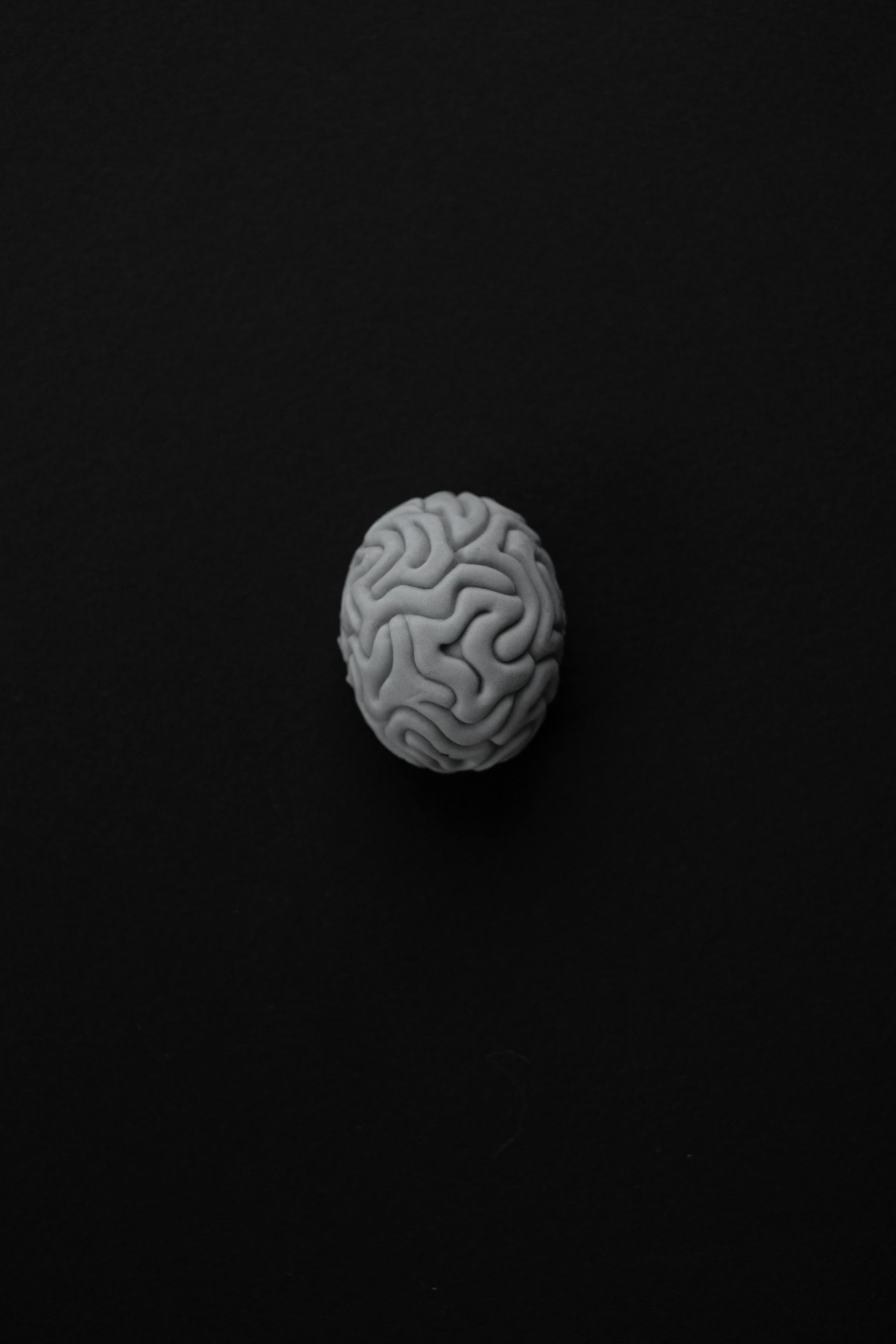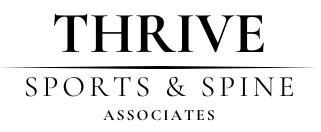Sleep Loss, Inflammation, and Recovery: What One Night Without Sleep Does to Your Body
We all know what it feels like to lose a night of sleep — fatigue, brain fog, irritability. But research shows the impact goes much deeper than just feeling tired. A recent study published in Frontiers in Behavioral Neuroscience found that just one night of sleep deprivation can disrupt hormone balance, increase inflammation, and impair cognitive performance — even in healthy young adults.
What the Study Found
Researchers asked participants to stay awake for 24 hours. The results were striking:
Inflammation skyrocketed: Blood markers such as IL-6 and CRP increased, showing that even one night without rest triggers systemic inflammation.
Hormone balance was disrupted: Cortisol — the hormone that helps regulate your stress response and energy — dropped significantly the following morning.
Cognition and mood declined: Participants experienced higher fatigue, confusion, anxiety, and slower reaction times.
The takeaway? Sleep isn’t just a comfort — it’s a physiological necessity for your body to repair, recover, and regulate inflammation.
Why This Matters in Chiropractic Care
As chiropractors, we focus on restoring proper nervous system function, improving mobility, and reducing stress throughout the body. Sleep directly supports that process. When you’re sleep-deprived, your nervous system remains in a heightened sympathetic (fight-or-flight) state. That can lead to:
- Increased muscle tension and pain sensitivity
- Slower tissue healing and recovery
- Hormonal imbalance that amplifies fatigue and stress
- Reduced ability to adapt to adjustments or physical stress
- Chiropractic care can help improve sleep quality by reducing musculoskeletal pain, optimizing spinal alignment, and enhancing parasympathetic (rest-and-digest) activity — the branch of your nervous system that helps you relax and recover.
What You Can Do
- Prioritize sleep and active recovery to reduce systemic inflammation.
- Support your body with anti-inflammatory nutrients (omega-3s, vitamin D, and antioxidants).
- Include regular mobility and chiropractic care to keep your nervous system adaptable and responsive.
- Address stress holistically, mental, physical, and nutritional.
Final Thoughts
You can’t out-adjust, out-stretch, or out-train a lack of sleep. When your body is aligned and your nervous system is balanced, deep, restorative sleep becomes easier — and your ability to recover and perform improves dramatically. At our office, we focus on the full picture of health: alignment, nervous system function, recovery, and lifestyle. Because better sleep isn’t just about feeling rested — it’s about helping your body heal.
Reference:
Thompson RS, Strong RA, Fleshner M, et al. Acute sleep deprivation disrupts emotion, cognition, inflammation, and cortisol in young healthy adults. Front Behav Neurosci. 2022;16:945661. doi:10.3389/fnbeh.2022.945661
https://pmc.ncbi.nlm.nih.gov/articles/PMC9538963/












